.jpeg)
Mikhail Zadornov on the Russian Economy: ‘It is a Completely Different Picture’
The Russian economy has suffered due to sanctions, but has also adapted and begun to grow, compensating for last year’s losses. Mikhail Zadornov, Russia’s former Minister of Finance and member of HSE University’s Supervisory Council, spoke to students of HSE University’s International College of Economics and Finance (ICEF) about the economic situation in the country and the development of the financial sector in the new environment. The event was moderated by HSE University President and Head of the Russian Union of Industrialists and Entrepreneurs (RSPP) Alexander Shokhin. The lecture was the continuation of a series of meetings among well-known Russian practical economists and entrepreneurs and ICEF students.
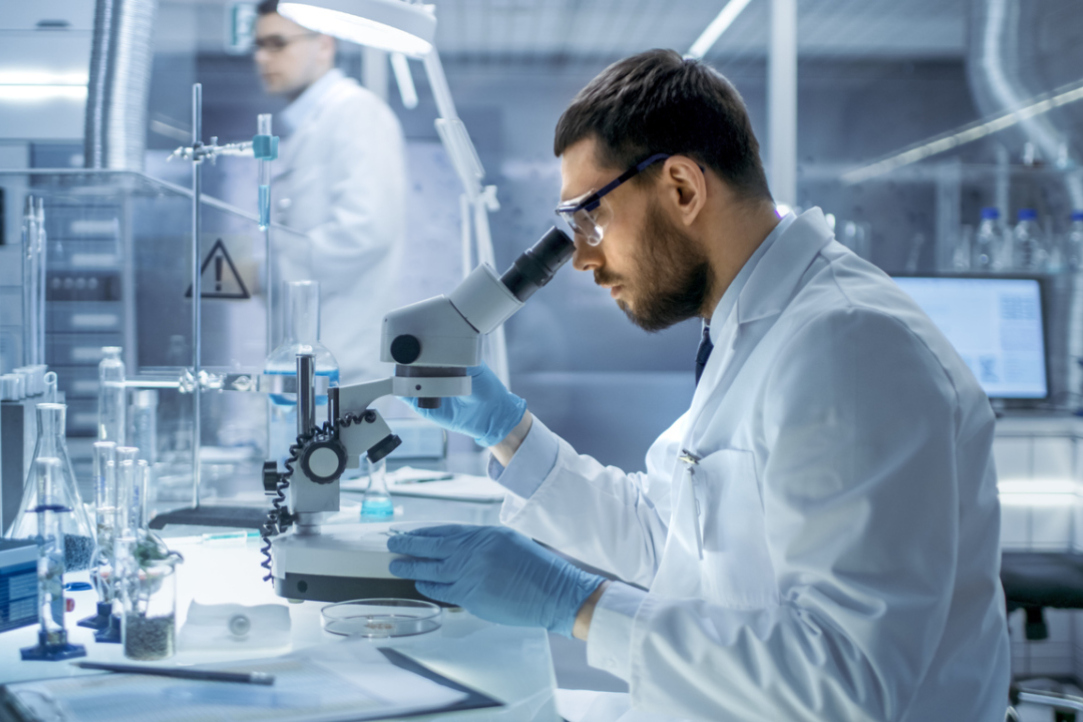
Scientists Have Developed a Model of Malignant Prostate Tumour and Used It to Test Drug Efficacy
Researchers from HSE University and the Russian Ministry of Health National Medical Research Radiological Centre have successfully generated a three-dimensional laboratory model of prostate cancer and used the model for testing an anti-tumour drug. In the future, this approach has the potential to significantly enhance the efficacy of cancer treatment for patients. The study’s findings have been published in Cancer Urology.
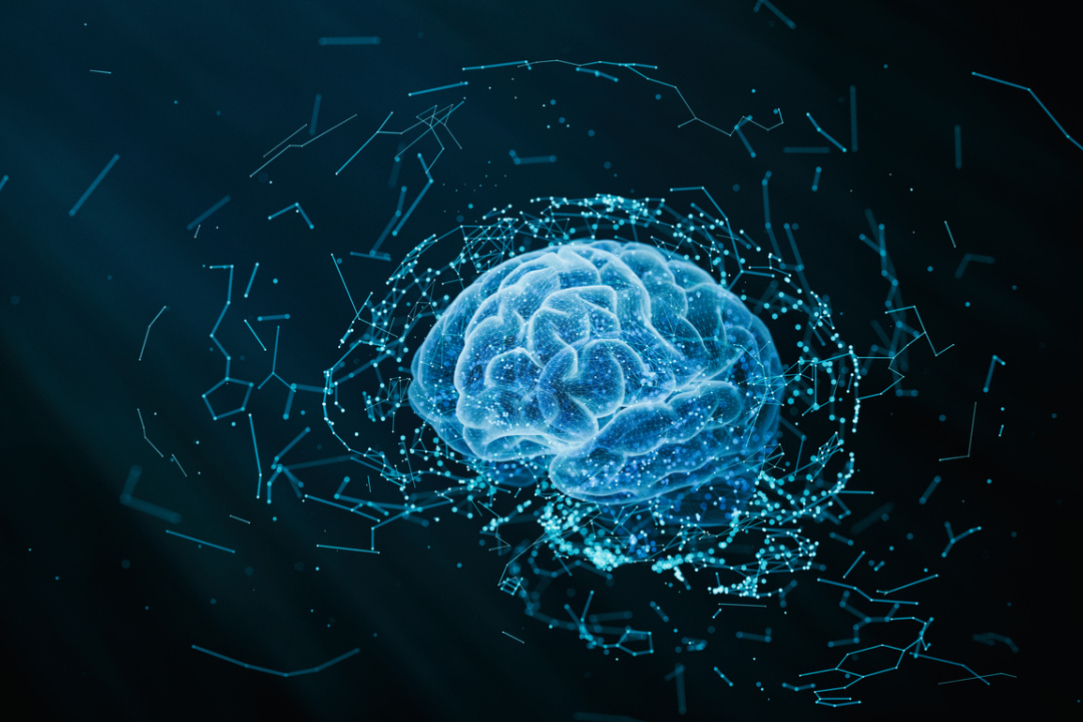
The Brain Is a Network of Networks. Scientists Have Found a Way to Unravel Them
A team of researchers from HSE University and the Artificial Intelligence Research Institute (AIRI) have demonstrated the effectiveness of the PSIICOS method they had previously developed for non-invasive mapping the neural networks in the brain based on its electrical activity. Unlike other methods, it does not search for individual neuronal sources to be then combined into networks but instead looks directly for the functional networks of interconnected neuronal populations—and does so swiftly and accurately. The study findings have been published in NeuroImage.
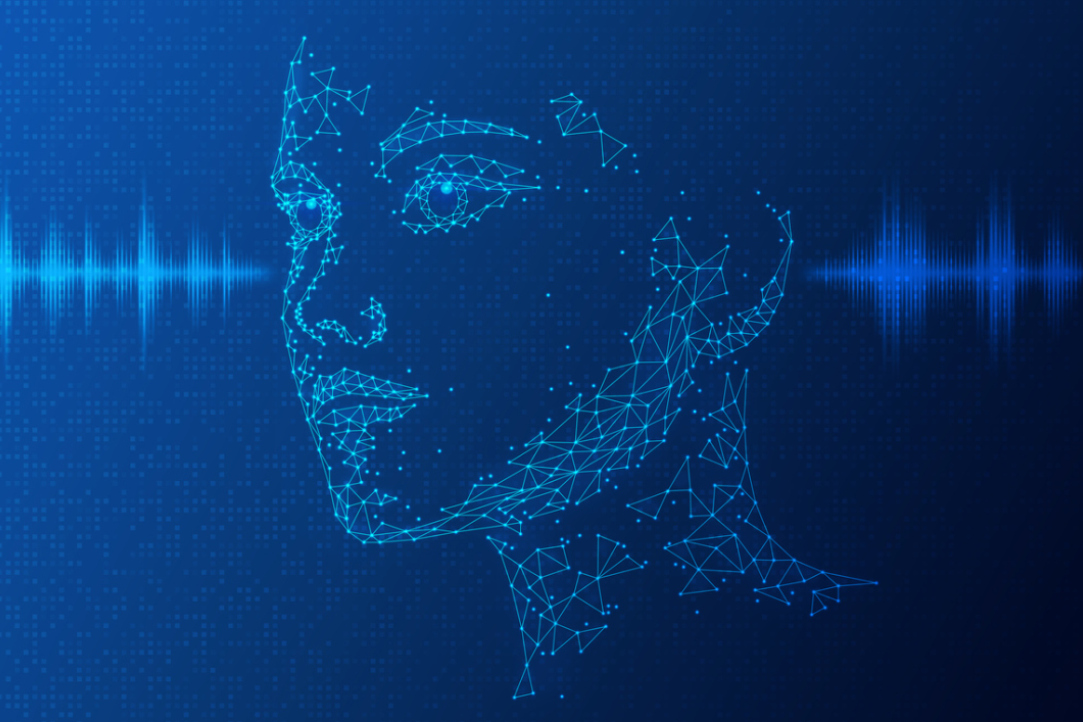
Artificial Feelings: How AI and Robots Understand, Express and Experience Emotions
Today, neural networks can easily identify emotions in texts, photos and videos. The next step is modelling them—an essential component of full-fledged intelligence in people and machines alike.
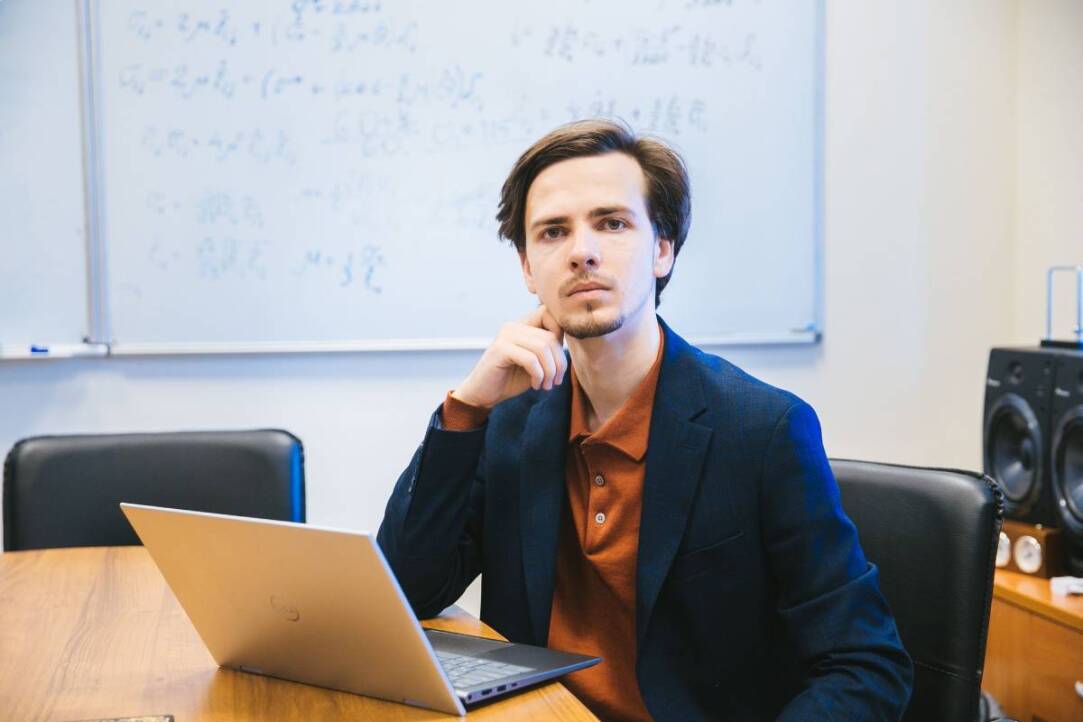
‘A Night Owl and a Morning Lark Are Battling inside Me’
Vadim Mykolaenko is able to stay up working until late at night and then go for a run at seven in the morning—he gets so much energy from his life as a young HSE University scientist. In this interview with the Young Scientists project, Mr. Mykolaenko spoke about his subject area, his attitude to grades, and his love for music and cycling.
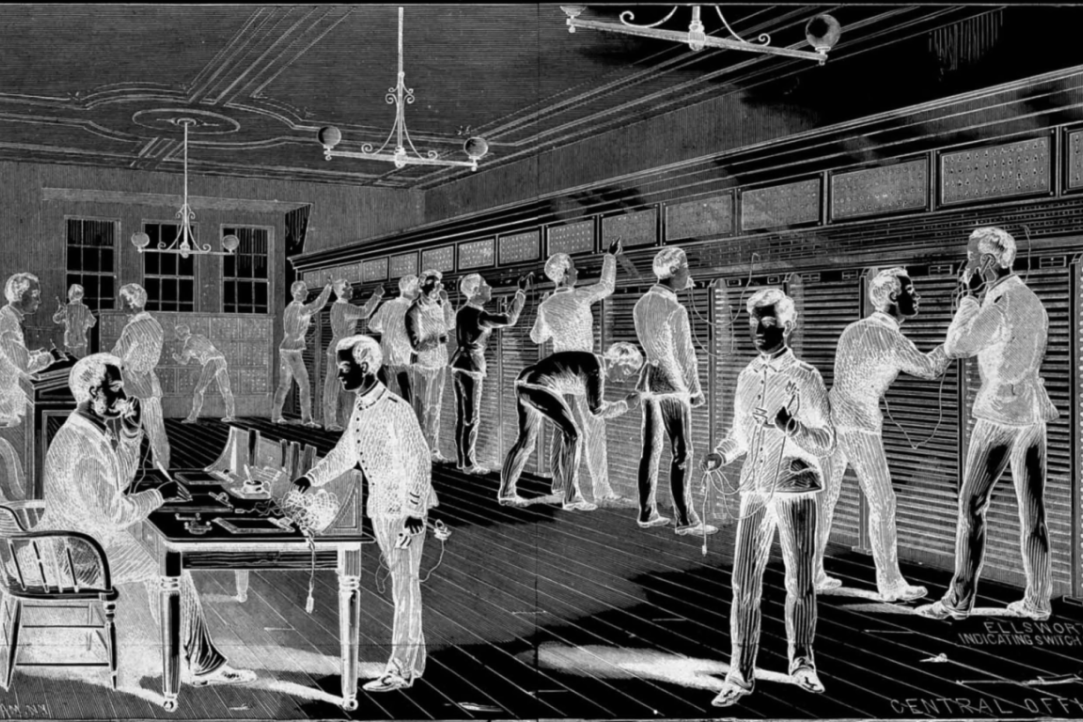
How the Telephone Conquered the World. Episode Four: David the Start-up Versus the Corporate Goliath
The history of the invention of telephony reads like a captivating detective novel, but even more intriguing are the events that contributed to the worldwide adoption of this technology. In this series of columns on IQ.HSE, Anton Basov, HSE Faculty of Computer Science editor, discusses how telephones have become an integral part of our everyday life. The fourth episode of the series recounts the story of the fledgling start-up's confrontation with hordes of patent trolls and its subsequent victory in a full-blown corporate war against the largest telecommunications company of the late 19th century.
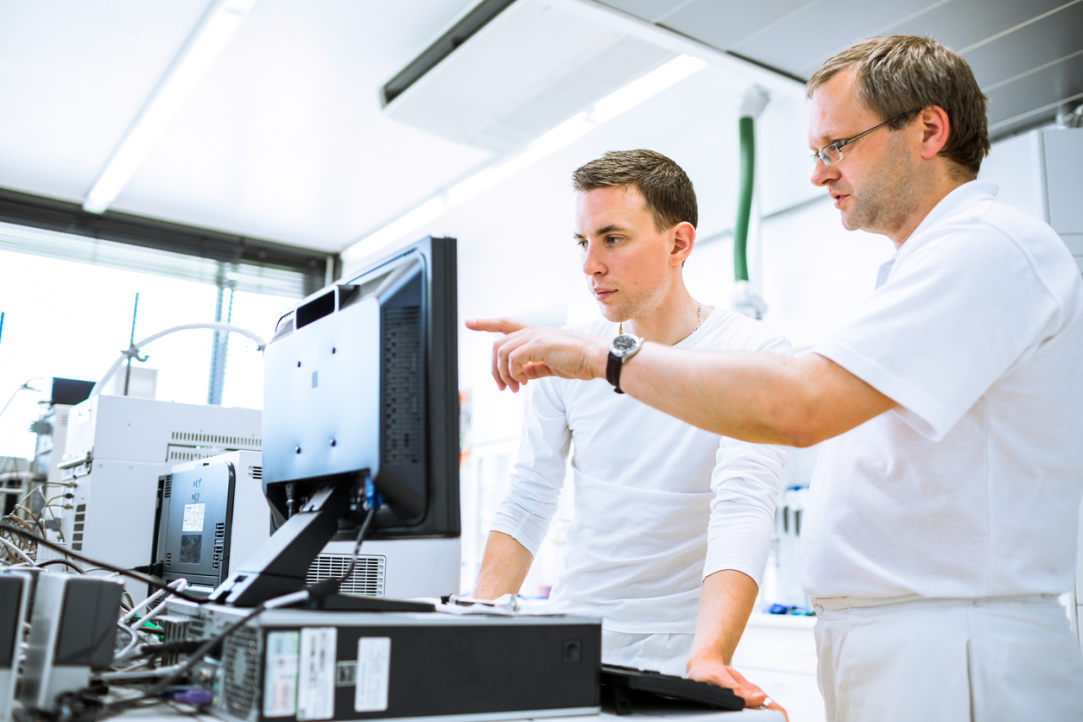
'We Can Modify Electron Spins as Required by Applying an External Magnetic Field'
Researchers from HSE, MIPT, and the Russian Academy of Sciences Institute of Solid State Physics, jointly with colleagues from the UK, Switzerland, and China, have conducted a study on the characteristics of thin films composed of platinum and niobium. Both the experiments and the theoretical calculations have confirmed that when in contact with a superconductor, platinum exhibits a spin, creating a potential for its effective use for data transmission. Platinum atoms have no magnetic moment, paving the way for the development of even smaller chips utilising this novel structure compared to conventional spintronics. The paper has been published in Nature Communications.
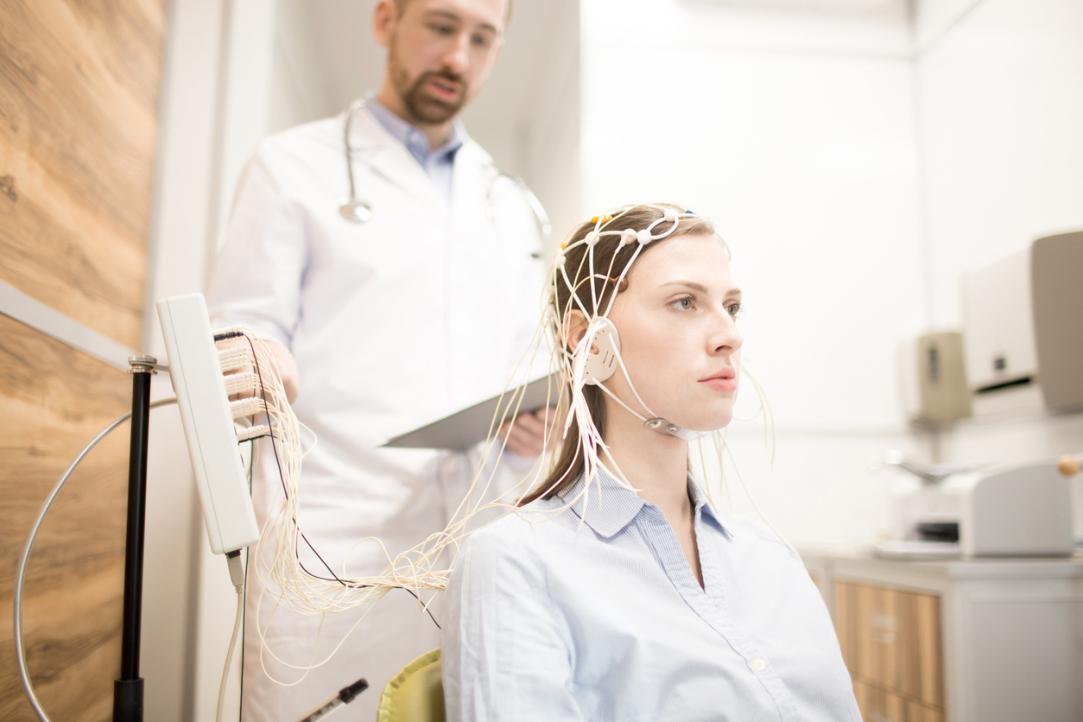
HSE Neuroscientists Use Neural Network to Enhance Neurofeedback Technology
Researchers from HSE University and the Artificial Intelligence Research Institute (AIRI) have successfully lowered the latency between a change in brain activity and the presentation of the corresponding neurofeedback signal by a factor of 50. The results were obtained by employing a neural network trained in low-latency filtering of brain activity signals from diverse individuals. This approach opens up new prospects for the treatment of attention deficit disorder and epilepsy. A paper with the study findings has been published in Journal of Neural Engineering.

Students of HSE University in Nizhny Novgorod and Privolzhsky Research Medical University to Develop Self-Care App
Students from HSE University in Nizhny Novgorod and Privolzhsky Research Medical University have received one million roubles in financial support for the development and testing of StressTouch, an innovative mobile application. The grant was allocated by the Innovation Promotion Foundation (Bortnik Foundation).
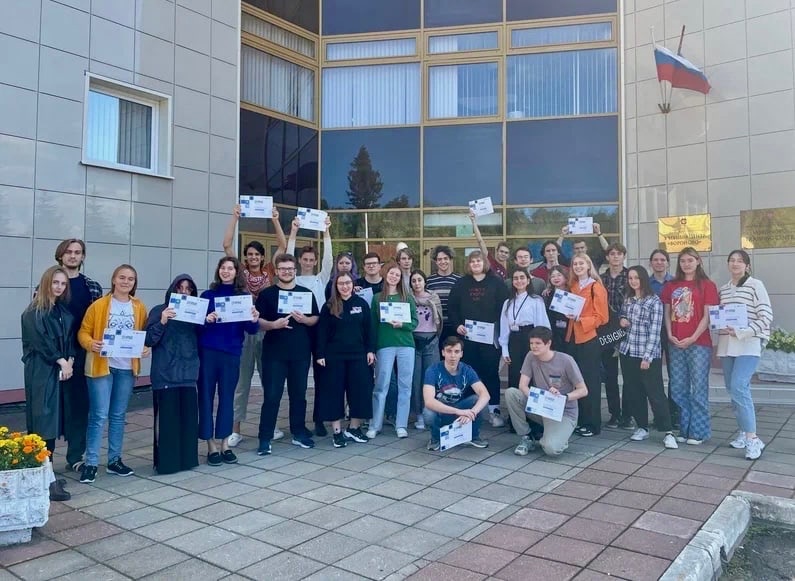
Scientarium: Driving Young Scientists’ Development
In September, HSE University’s Voronovo Study Centre hosted ‘Scientarium: Young Researcher School’, a retreat for undergraduate and graduate students engaged in scientific activities. The Scientarium project started in 2021 in an online format, and was later held in the format of an educational retreat for the first time in autumn 2023. This year, the Young Researcher School brought together students from different universities across Russia.

